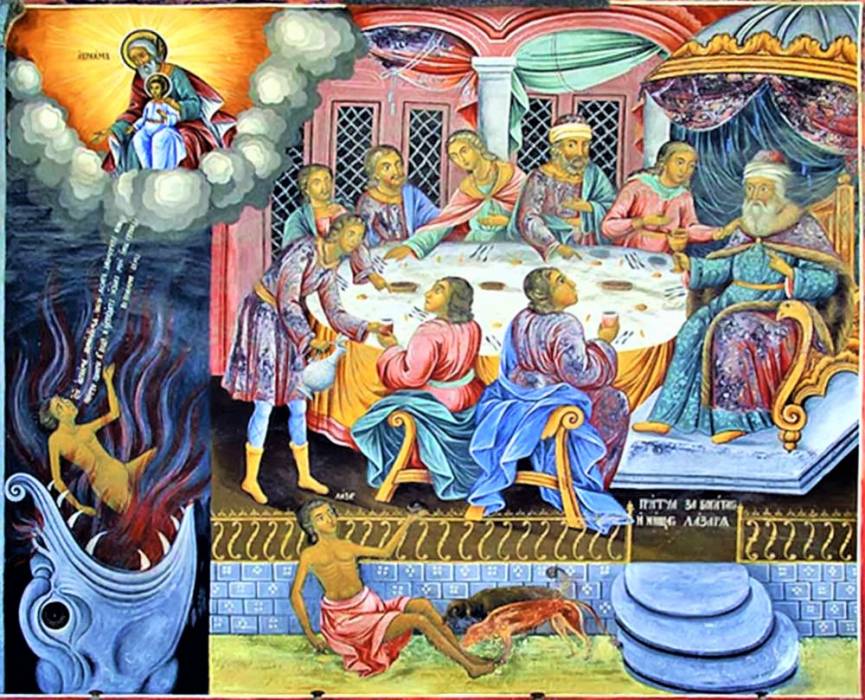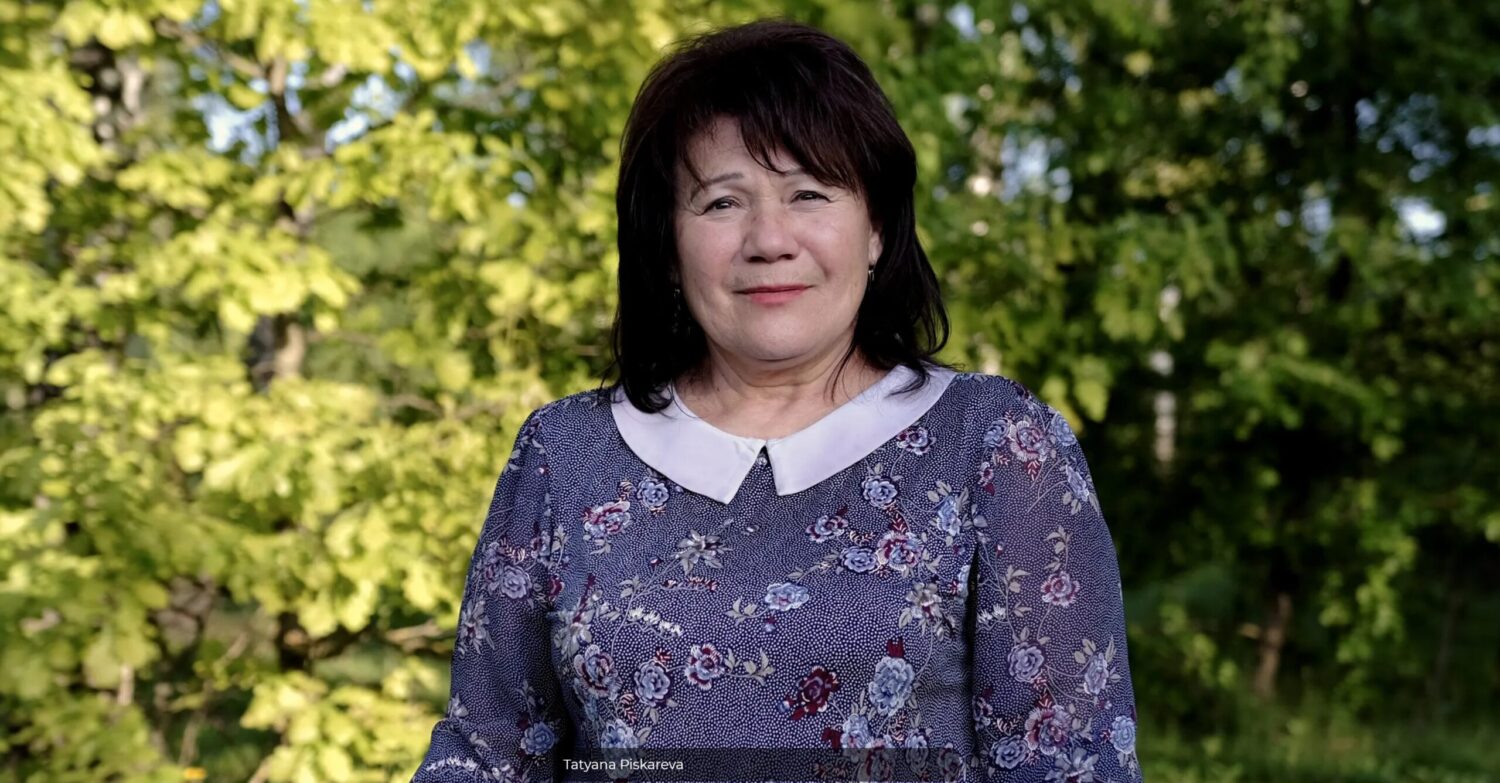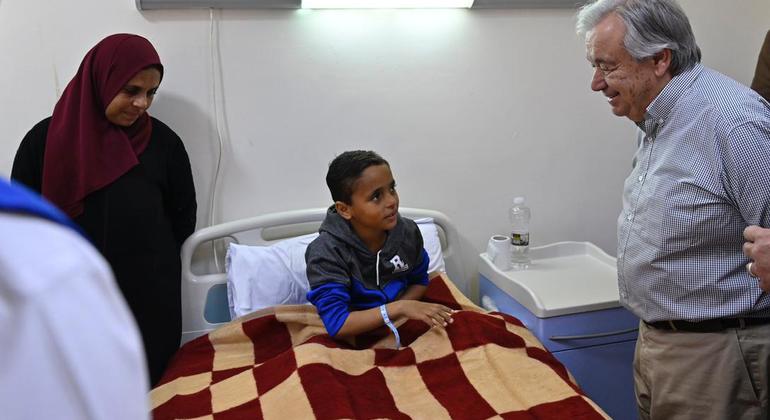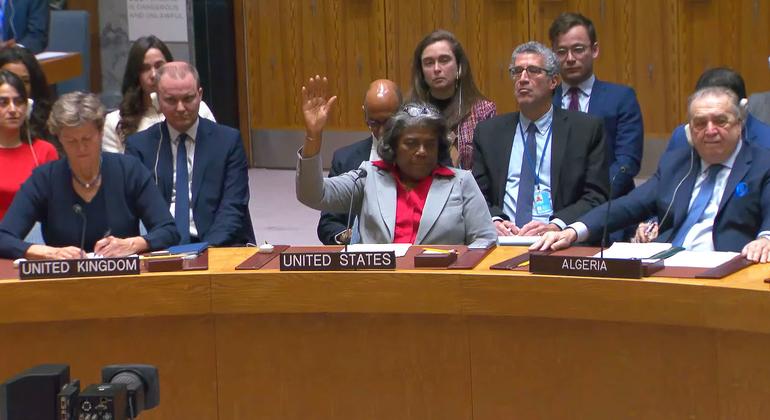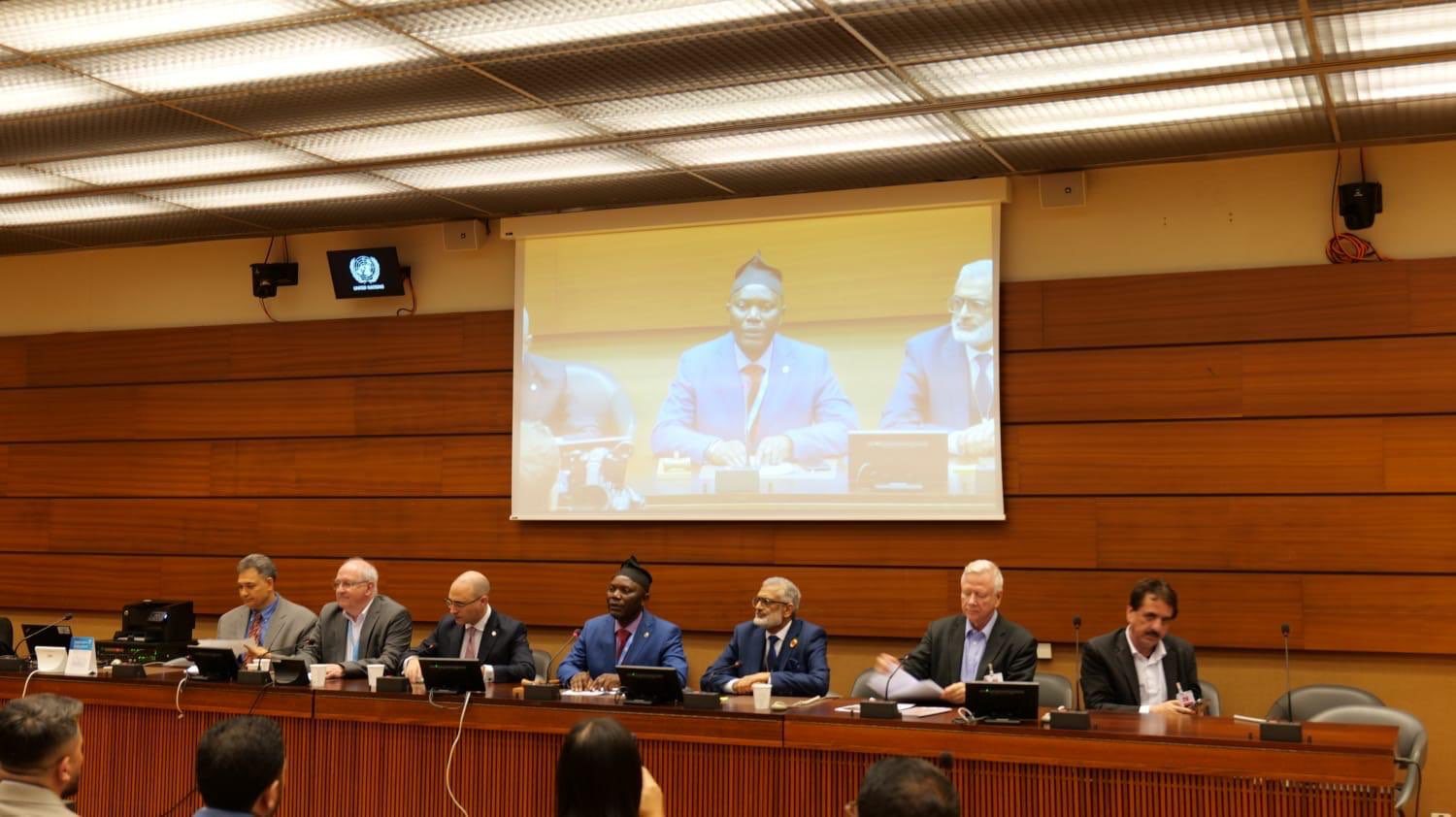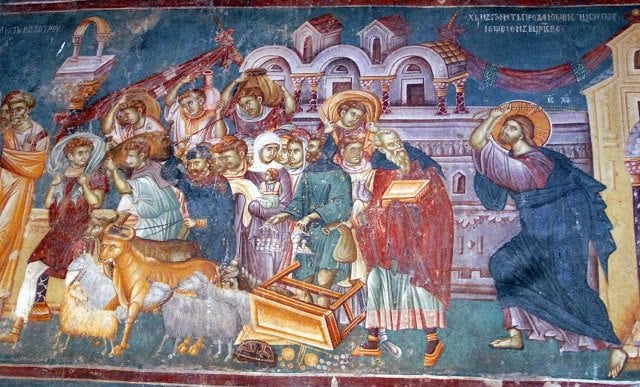By prof. A.P. Lopukhin
Chapter 16. 1 – 13. The Parable of the Unrighteous Steward. 14 – 31. The Parable of the Rich Man and the Poor Lazarus.
Luke 16:1. And he said to his disciples: a certain man was rich and had a steward, about whom it was brought to him that he squandered his property;
The parable of the unrighteous steward is found only in the evangelist Luke. It was said, no doubt, on the same day that the Lord spoke the three previous parables, but this parable has no connection with them, as they were spoken by Christ in reference to the Pharisees, while this one refers to the “disciples.” of Christ, i.e. many of His followers who had already begun to serve Him, leaving the ministry of the world – mostly former publicans and sinners (Prot. Timothy Butkevich, “Explanation of the Parable of the Unrighteous Steward”. Church Bulletins, 1911, p. 275 ).
“one person”. This was evidently a rich landowner who lived in the city, quite far from his estate, and therefore could not visit it alone (whom we must understand here figuratively – this becomes clear immediately after the literal meaning of the parable is explained ).
“ikonom” (οἰκονόμον) – lit. a butler, a house manager, who was entrusted with the entire management of the estate. This was not a slave (with the Jews, stewards were often chosen from among the slaves), but a free man, as is evident from the fact that, after being released from the duties of a steward, he intended to live not with his master, but with others people (verses 3-4).
“was brought to him”. The Greek word διεβλήθη (from διαβάλλω) standing here, although it does not mean that what was brought was a simple slander, as our Slavonic translation implies for example, yet makes it clear that it was done by persons who were hostile towards the house manager/janitor.
“disperses”. (ὡς διασκορπίζων – cf. Luke 15:13; Matt. 12:30), i.e. spends on a wasteful and sinful life, squanders the master’s property.
Luke 16:2. and when he called him, he said to him: what is this that I hear about you? Give an account of your decency, because you will no longer be able to be a decency.
“what is this I hear”. The owner of the land, calling the house manager to him, said to him with some irritation: “What are you doing there? I hear bad rumors about you. I don’t want you to be my manager anymore and I will give my property to someone else. You must give me an account of the property” (ie any leases, debt documents, etc.). This is the meaning of the property owner’s appeal to the manager. This is precisely how the latter understood his master.
Luke 16:3. Then the steward said to himself: what shall I do? My master takes away my decency; to dig, I cannot; to beg, I am ashamed;
He began to think how to live now, for he realized that he was really guilty before his master and had no hope of pardon, and he had not saved any means of living, and he could not or would not work in the orchards and vegetable gardens. his powers. He could still live on alms, but to him, who was used to leading a lavish, extravagant life, this seemed very shameful.
Luke 16:4. I thought of what I should do to be received into their houses when I am removed from the decency.
At last the usher thought of what he could do to help him. He found the means by which the doors of homes would be opened to him after he had no place (he meant the “homes” of his master’s debtors). He summoned the debtors, each one separately, and began negotiations with them. Whether these debtors were tenants or merchants who took various products from the estate for sale is difficult to say, but that is not important.
Luke 16:5. And when he called his master’s debtors, each one by himself, he said to the first: How much do you owe my master?
Luke 16:6. He answered: a hundred measures of oil. And he said to him: take the receipt, sit down and quickly write: fifty.
“a hundred measures”. The bailiff asked the debtors one after another: how much do they owe his master? The first answered: “a hundred measures” or more precisely “baths” (bat – βάτος, Hebrew בַּת bat̠, a unit of measure for liquids – more than 4 buckets) “oil”, referring to olive oil, which was very expensive at the time , so 419 buckets of oil cost at that time in our money 15,922 rubles, which corresponds to approx. 18.5 kg. gold (Prot. Butkevich, p. 283 19).
“faster”. The butler told him to quickly write a new receipt in which the debtor’s debt would be reduced by half – and here we see how quick everyone is to the bad.
Luke 16:7. Then he said to the other: how much do you owe? He answered: a hundred lilies of wheat. And he said to him: take your receipt and write: eighty.
“a hundred lilies”. The other debtor owed “a hundred lilies” of wheat, which was also valued dearly (the lily – κόρος – is a measure of bulk bodies, usually of grain). One hundred krina of wheat cost at that time in our money about 20,000 rubles (ibid., p. 324), the equivalent of approx. 23 kg. gold. And with him the governor acted in the same way as with the first.
In this way he did a great service to these two debtors, and afterwards probably to others, and they, in their turn, felt themselves forever indebted to the bailiff, on account of the large amount of the remission. In their homes shelter and sustenance would always be found for him.
Luke 16:8. And the master praised the unfaithful usher for having acted ingenuously; for the sons of this age are more discerning in their kind than the sons of light.
“intelligent”. The lord of the manor, hearing of this action of the guardian, praised him, finding that he had acted shrewdly, or, better translated, wisely, thoughtfully, and expediently (φρονίμως). Doesn’t this praise seem strange?
“praise”. The master has been harmed, and much, and yet he praises the unfaithful governor, marveling at his prudence. Why should he praise him? The man, it seems, should file a complaint against him in court, not praise him. Therefore, most interpreters insist that the master really marvels only at the dexterity of the householder, without at all approving the character of the very means which the latter has found for his salvation. But such a solution of the question is unsatisfactory, because it assumes that Christ further teaches His followers also only dexterity or the ability to find a way out of difficult circumstances by imitating unworthy (unrighteous) people.
That is why the explanation given by Prot. Timotei Butkevich of this “praise” and of the behavior of the house manager, seems more credible, although we cannot fully agree with him either. According to his interpretation, the householder deducted from the accounts of the debtors only what was due to himself, since he had previously recorded in his receipts both the amount for which he had let the land to tenants by agreement with his master, as well as that which he intended to obtain for himself personally. Since he now no longer had the opportunity to receive the agreed amount for himself – he was leaving the service – he changed the receipts without causing any harm to his master, because he still had to receive his (Butkevich, p. 327).
But it is impossible to agree with Prot. T. Butkevich, that now the house manager “turned out to be honest and noble” and that the master praised him precisely for refusing the opportunity to receive his income.
Thus, indeed, the master, as an honorable man, was not compelled to insist on the debtors paying him all that was exacted from them by the governor: he considered that they owed a much smaller sum. The manager did not harm him in practice – why should the master not praise him? It is precisely such approval of the expediency of the steward’s conduct that is spoken of here.
“the sons of this age are more discerning than the sons of light.” The usual interpretation of this sentence is that worldly people know how to organize their affairs better than Christians and to achieve the high goals they set for themselves. However, it is difficult to agree with this interpretation, firstly, because at that time the term “sons of light” hardly denoted Christians: in John the Evangelist, who is referred to by Bishop Michael and who joins the other interpreters in this place, although if this expression is used once, it is not to denote “Christians” (cf. John 12:36).
And secondly, how are worldly people, attached to the world, more resourceful than people devoted to Christ? Did not the latter show their wisdom by forsaking all and following Christ? That is why in the present case we are again inclined to accept the opinion of Prot. T. Butkevich, according to which the “sons of this age” are the publicans, who, according to the Pharisees, live in spiritual darkness, occupied only with petty earthly interests (collecting taxes), and the “sons of light” are the Pharisees who consider themselves enlightened ( cf Rom 2:19) and whom Christ calls “sons of light”, ironically of course, according to their own self-image.
“in its own kind”. The expression added by Christ: “in his own kind” also fits this interpretation. With these words He shows that He does not mean “sons of light” in the proper sense of the word, but “sons of light” in a special, their own kind.
Thus, the meaning of this expression would be: because the publicans are more reasonable than the Pharisees (prot. T. Butkevich, p. 329).
But on this explanation—and this we should not gloss over—the connection of the last words of the verse in question with the remark that the master praised the unfaithful guardian remains unclear.
It remains to be admitted that the thought of the second half of verse 8 does not refer to the whole expression of the first half, but explains only one “discreet” or “discreet” thing.
The Lord ends the parable with the words: “And the Lord commended the unfaithful steward for acting shrewdly.” Now He wants to apply the parable to His disciples and here, looking at the publicans approaching Him (cf. Luke 15:1), as if to say: “Yes, wisdom, prudence in seeking salvation for oneself is a great thing, and now we must I admit that, to the surprise of many, such wisdom is shown by publicans, and not by those who have always considered themselves the most enlightened people, i.e. the Pharisees”.
Luke 16:9. And I say to you: make friends with unrighteous wealth, so that when you become poor, they will receive you in the eternal abodes.
The Lord had already praised the tax collectors who followed Him, but He did so with a general sentence. Now He speaks directly to them in His own person: “And I – as that master to whom men owed much – I say to you that if anyone has wealth – as the steward had in the form of receipts – then you are bound, like him, to make friends who, like the guardian’s friends, will welcome you into the eternal abodes”.
“unrighteous wealth”. Wealth the Lord calls “unrighteous” (μαμωνᾶ τῆς ἀδικίας), not because it was acquired by unrighteous means – such wealth must by law be returned as stolen (Lev. 6:4; Deut. 22:1), but because it is vain, deceitfully, transiently, and often makes man greedy, miserly, forgetting his duty to do good to his neighbors, and serves as a great obstacle on the way to attaining the Kingdom of Heaven (Mark 10:25).
“when you become poor” (ἐκλίπητε) – more correctly: when it (wealth) is deprived of its value (according to the better reading – ἐκλίπῃ). This points to the time of Christ’s Second Coming, when temporal earthly wealth will cease to have any meaning (cf. Luke 6:24; James 5:1ff.).
“to accept you”. It is not said who they are, but we must assume that they are the friends who can be acquired by the right use of earthly wealth, viz. when it is used in a manner pleasing to God.
“eternal abodes”. This expression corresponds to the expression “in their houses” (verse 4) and denotes the Kingdom of the Messiah, which will endure forever (cf. 3 Esdras 2:11).
Luke 16:10. He who is faithful in what is least is faithful also in much, and he who is unjust in what is least is unjust also in much.
Developing the idea of the need for prudent use of wealth, the Lord first quotes, as it were, the proverb: “He who is faithful in a little is faithful also in much.”
This is a general thought that needs no special explanation. But then He directly addresses His followers among the tax collectors. They undoubtedly had great riches at their disposal, and were not always faithful in their use: often, in collecting taxes and dues, they took for themselves a portion of the collected. Therefore, the Lord teaches them to abandon this bad habit. Why should they accumulate wealth? It is unrighteous, foreign, and we must treat it as foreign. You have the opportunity to get a real, ie. a precious treasure indeed, which should be especially dear to you, as it well suits your position as disciples of Christ. But who will entrust you with this higher wealth, this ideal, true good, if you are unable to rule the lower? Can you be honored with the blessings that Christ gives to His true followers in the glorious Kingdom of God that is about to be revealed?
Luke 16:11. Therefore, if you were not faithful in unrighteous riches, who will entrust you with the true?
“who will entrust you with the real thing”. Christ tells them: you have an opportunity to get a real, i.e. a precious treasure indeed, which should be especially dear to you, as it well suits your position as disciples of Christ. But who will entrust you with this higher wealth, this ideal, true good, if you are unable to rule the lower? Can you be honored with the blessings that Christ gives to His true followers in the glorious Kingdom of God that is about to be revealed?
Luke 16:12. And if you were not faithful in the foreign, who will give you yours?
Luke 16:13. No servant can serve two masters, for either he will hate the one and love the other; or he will please the one and despise the other. You cannot serve God and mammon.
From faithfulness in the use of earthly riches, Christ passes to the question of the exclusive service of God, which is incompatible with the service of Mammon. See Matthew 6:24 where this sentence is repeated.
In the parable of the unjust governor, Christ, who in this teaching has in mind above all the publicans, also teaches all sinners in general how to achieve salvation and eternal bliss. This is the mysterious meaning of the parable. The rich man is God. The unrighteous owner is a sinner who carelessly wastes God’s gifts for a long time, until God calls him to account through some threatening signs (disease, misfortune). If the sinner has not yet lost his sanity, he repents, just as a steward forgives his master’s debtors whatever debts he thought they owed him.
There is no point in going into detailed allegorical explanations of this parable, because here we will have to be guided only by completely random coincidences and resort to conventions: like any other parable, the parable of the unrighteous steward contains, in addition to the main idea, additional features that do not need explanation.
Luke 16:14. The Pharisees, who were money lovers, heard all this and mocked Him.
“they scoffed”. Among the listeners of the parable of the unrighteous owner were the Pharisees, who mocked (ἐξεμυκτήριζον) Christ – apparently because they thought that His opinion about earthly wealth was ridiculous. The law, they said, looked upon riches in a different way: there riches are promised as a reward to the righteous for their virtues, therefore it cannot in any way be called unrighteous. Besides, the Pharisees themselves loved money.
Luke 16:15. He said to them: you present yourselves righteous to men, but God knows your hearts; for that which is high among men is an abomination before God.
“you present yourselves as righteous.” It is precisely this understanding of riches that Christ has in mind, and seems to say to them: “Yes, there are promises in the law also of earthly rewards, and especially of riches for the righteous way of life. But you have no right to look upon your riches as a reward from God for your righteousness. Your righteousness is imaginary. Even if you can find respect for yourself from men by your hypocritical righteousness, you will not find recognition from God, Who sees the true state of your heart. And this state is most terrible. “
Luke 16:16. The law and the prophets were until John: from that time the kingdom of God was preached, and everyone tried to enter it.
These three verses (16 – 18) contain words that have already been explained in the commentaries on the Gospel of Matthew (cf. Matt. 11:12 – 14, 5:18, 32). Here they have the meaning of an introduction to the following parable of the rich man and the poor Lazarus. Through them, the Lord confirms the great importance of the law and the prophets (which will also be mentioned in the parable), which prepare the Jews to accept the kingdom of the Messiah, whose herald is John the Baptist. Thanks to them, the longing for the revealed Kingdom of God awakens in the people.
Luke 16:17. But it is easier for heaven and earth to pass away than for one iota of the Law to fail.
“one dash of the Law”. The law is not to lose any of its features, and as an example of this vindication of the law Christ points out that he understood the law of divorce even more strictly than it was interpreted in the Pharisaic school.
Luke 16:18. Whoever divorces his wife and marries another commits adultery, and whoever marries a woman divorced by a man commits adultery.
B. Weiss gives a particular interpretation of this sentence in this verse. According to him, Evangelist Luke understands this statement allegorically, as characterizing the relationship between the law and the new order of God’s Kingdom (cf. Rom. 7:1-3). He who, for the sake of the latter, forsakes the former, commits the same sin of adultery before God, as he who, after God has freed man from obedience to the law by the proclamation of the gospel, still wishes to continue his former relations with the law. One sinned in regard to the immutability of the law (verse 17), and the other sinned in not wanting to participate in people’s pursuit of the new life of grace (verse 16).
Luke 16:19. There was a certain man who was rich, dressed in purple and fine linen, and feasted lavishly every day.
In the following parable of the rich Lazarus and the poor Lazarus, the Lord shows the terrible consequences of the misuse of wealth (see v. 14). This parable is not directed directly against the Pharisees, for they could not be likened to the rich man who was careless of his salvation, but against their view of wealth as something completely harmless to the work of salvation, even as a testimony of man’s righteousness , who owns it. The Lord shows that wealth is no proof of righteousness at all, and that it often does the greatest harm to its possessor, and casts him down into the abyss of hell after death.
“marigold”. It is a fibrous, woolen fabric dyed with an expensive purple dye used for outerwear (red in color).
“Vison”. It is a fine white fabric made from cotton (therefore not linen) and used to make underwear.
“every day he feasted brilliantly”. From this it is clear that the rich man was not interested in the public affairs and needs of his fellowmen, nor in the salvation of his own soul. He was not a violent man, an oppressor of the poor, nor did he commit any other crimes, but this constant carefree feasting was a great sin before God.
Luke 16:20. There was also a poor man named Lazarus, who was lying in a heap at his door
“Lazarus” is a shortened name from Eleazar, – God’s help. We may agree with some interpreters that the name of the beggar was mentioned by Christ in order to show that this poor man had hope only in God’s help.
“lay down” – ἐβέβλέτο – was cast out, not as in our translation “lay down”. The poor man was cast out by the people at the rich man’s gate.
“his door” (πρὸς τὸν πυλῶνα) – at the entrance that led from the courtyard into the house (cf. Matt. 26:71).
Luke 16:21. and it was five days to eat from the crumbs that fell from the rich man’s table, and the dogs came and licked his scabs.
“the crumbs that fell from the table”. In the eastern cities it was customary to throw all the leftovers of the food directly into the street, where they were eaten by the dogs that roamed the streets. In the present case, the sick Lazarus had to share these scraps with the dogs. The dogs, filthy, unclean animals from the Jewish point of view, licked his scabs—treated the unfortunate man who could not drive them away as one of his kind. There is no hint of regret on their part here.
Luke 16:22. The poor man died, and the Angels carried him to Abraham’s bosom; the rich man also died, and they buried him;
“he was carried away by the Angels”. It refers to the beggar’s soul, which was carried away by the angels who, according to the Jewish conception, carry the souls of the righteous to heaven.
“Abraham’s bosom”. It is the Hebrew term for the heavenly bliss of the righteous. The righteous remain after their death in the closest communion with the patriarch Abraham, laying their heads on his bosom. However, Abraham’s bosom is not the same as paradise – it is, so to speak, a chosen and better position, which was occupied in paradise by the beggar Lazarus, who found here a quiet refuge in the arms of his ancestor (the image here is taken not from the dinner or the table, for example, spoken of in Matt. 8:11 and Luke 13:29-30, and from the custom of parents to warm their children in their arms; cf. John 1:18).
Of course, heaven is not understood here in the sense of the kingdom of glory (as in 2 Cor. 12:2 ff.), but only as designating the happy state of the righteous who have left the earthly life. This state is temporary and the righteous will remain in it until the second coming of Christ.
Luke 16:23. and in hell, when he was in torment, he lifted up his eyes and saw Abraham afar off and Lazarus in his bosom
“in hell”. The Hebrew word “sheol,” here rendered “hell,” as in the Septuagint, denotes the general abode of departed souls until the resurrection, and is divided into heaven for the godly (Luke 23:43) and hell for the wicked. Moreover, the Talmud says that heaven and hell are arranged in such a way that from one place one can see what is being done in the other. But it is hardly necessary to derive any dogmatic thoughts about the afterlife from this and the following conversation between the rich man and Abraham, for undoubtedly in this part of the parable we have before us a purely poetic representation of a well-known thought similar to that which meeting, for example, in 3 Sam. 22, where the prophet Micaiah describes the revelation about the fate of Ahab’s army that was revealed to him. Is it possible, for example, to take literally what the rich man says about his thirst? Well, he has no body in hell.
“saw Abraham afar off and Lazarus in his bosom”. This, of course, added to his anguish, for he was extremely annoyed to see a despicable beggar enjoying such intimacy with the patriarch.
Luke 16:24. and, crying out, said: Father Abraham, have mercy on me, and send Lazarus to wet the tip of his finger in water and cool my tongue, because I am suffering in this flame.
Seeing Lazarus in Abraham’s bosom, the suffering rich man asked Abraham to send Lazarus to help him with at least a drop of water.
Luke 16:25. Abraham said: child, remember that you already received your good during your lifetime, and Lazarus – the evil: and now he is comforted here, and you are tormented;
“your good”. However, Abraham, flatteringly calling the rich man his “child”, refuses to fulfill his request: he has already received enough of what he considered good (“his good”), while Lazarus saw only evil in his life (here no pronoun is added “his”, indicating that suffering is not a necessary lot of the righteous man).
From the opposition of Lazarus to the rich man, who was undoubtedly to blame for his own bitter fate because he lived wickedly, it is clear that Lazarus was a pious man.
Luke 16:26. besides, there is a great gulf between us and you, so that those who want to cross over from here to you cannot, so also they cannot cross over from there to us.
“sees a great chasm”. Abraham points out God’s will that man should not pass from heaven to hell and vice versa. Figuratively expressing this thought, Abraham says that between Gehenna and Paradise there is a great gulf (according to the rabbinical opinion, only one inch), so that Lazarus, if he wanted to go to the rich man, could not do so.
“that they cannot”. From this answer of Abraham, we can conclude about the falsity of the teaching of spiritualism, which admits the possibility of apparitions of the dead, who can supposedly convince someone of some higher truth: we have the Holy Church as our guide in life and we do not need others means.
Luke 16:27. And he said: I pray thee then, father, send him to my father’s house,
Luke 16:28. for I have five brothers, so that I may testify to them, so that they also do not come to this place of torment.
“to testify to them”, namely to tell them how I suffer because I did not want to change my carefree life.
Luke 16:29. Abraham said to him: they have Moses and the prophets: let them listen to them.
Here it is stated that there is only one way to escape the fate of the rich man who sinks into hell, and that is repentance, a change of idle, pleasure-filled life, and that the law and the prophets are the means indicated to all who seek instruction . Even the return of the dead cannot do as much good to those who lead such a carefree life as these ever-present means of instruction.
Luke 16:30. And he said: no, father Abraham, but if one of the dead goes to them, they will repent.
Luke 16:31. Then Abraham said to him: if Moses is a prophets if they do not listen, even if someone rises from the dead, they will not be convinced.
“they will not be convinced”. When the evangelist wrote this, the idea of unbelief with which the Jews met the resurrection of Lazarus (John 12:10) and the resurrection of Christ Himself may have arisen in his mind. Besides, Christ and the apostles had already performed the resurrection of the dead, and did this work for the unbelieving Pharisees? They tried to explain these miracles with some natural causes or, as it really happened, with the help of some dark force.
Some interpreters, in addition to the direct meaning mentioned above, see in this parable an allegorical and prophetic meaning. According to them, the rich man, with all his behavior and destiny, personifies Judaism, which lived carelessly in the hope of its rights in the Kingdom of Heaven, and then, at the coming of Christ, suddenly found itself outside the threshold of that Kingdom, and the beggar represents paganism, which was estranged from Israelite society and lived in spiritual poverty, and then was suddenly received into the bosom of Christ’s Church.
Source in Russian: Explanatory Bible, or Commentaries on all the books of the Holy Scriptures of the Old and New Testaments: In 7 volumes / Ed. prof. A.P. Lopukhin. – Ed. 4th. – Moscow: Dar, 2009. / T. 6: Four Gospels. – 1232 pp. / Gospel of Luke. 735-959 p.



